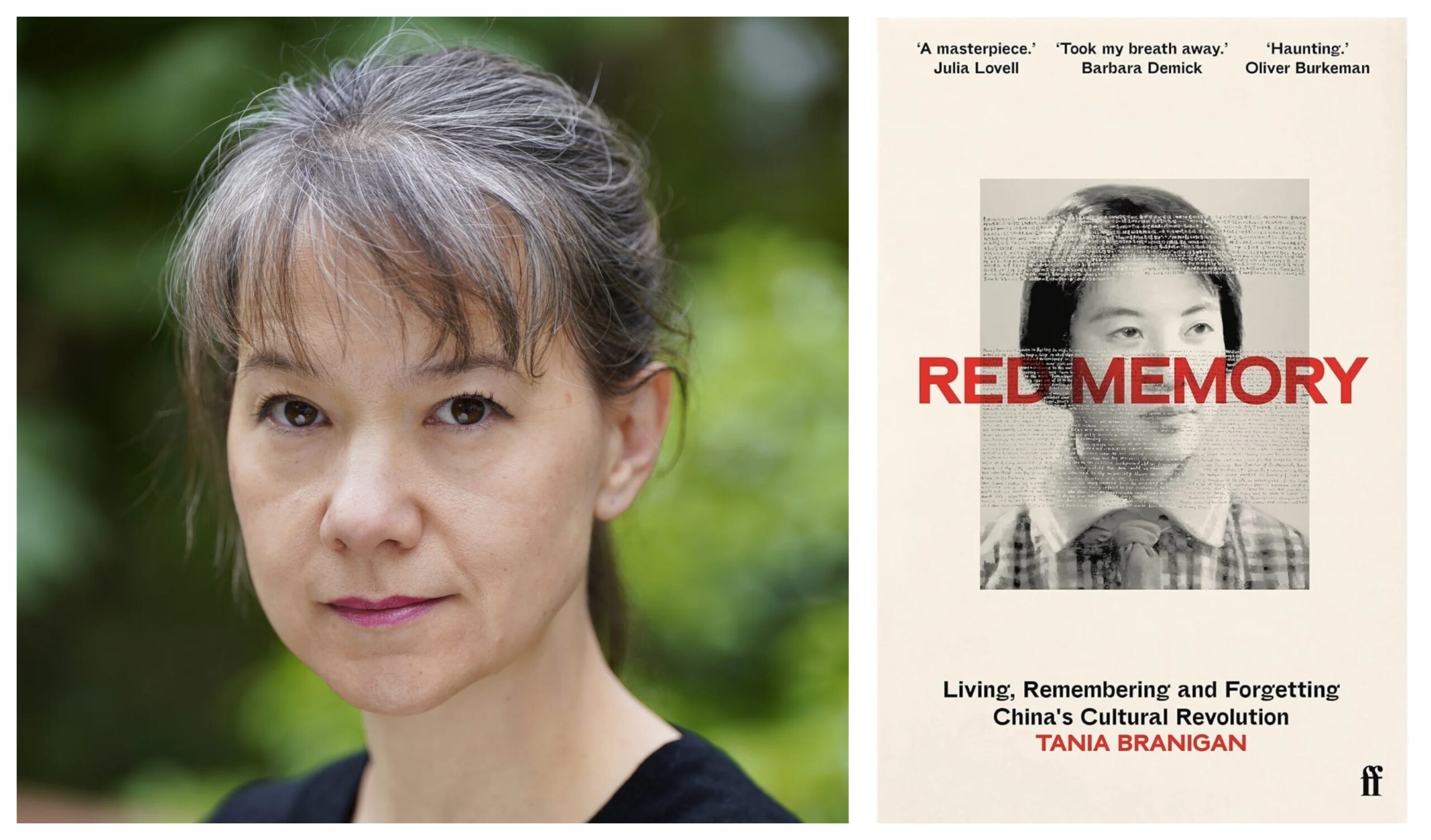
Journalist Tania Branigan has won the US$75,000 Cundill History Prize for her book Red Memory: Living, Remembering and Forgetting China’s Cultural Revolution (Faber & Faber).
Branigan received the award at a gala in Montreal on November 8.
“Haunting and memorable, Tania Branigan’s sensitive study of the impact of the Cultural Revolution on the lives and psyches of an entire generation in China affected every juror, as it will every reader,” said Philippa Levine, 2023 Chair of the Jury. “All of us found ourselves unable to stop thinking about this extraordinary book. All of us were deeply moved by the trauma she so vividly describes and by the skills on which she drew in doing so.”
Administered by McGill, the Cundill History Prize comes with the largest purse for a book of non-fiction in English and is awarded annually to a book that embodies historical scholarship, originality, literary quality, and broad appeal. The prize is open to books from anywhere in the world, regardless of the author’s nationality, as well as works translated into English.
Other finalists for this year’s prize included Kate Cooper for Queens of a Fallen World: The Lost Women of Augustine’s Confessions (Basic Books), and James Morton Turner for Charged: A History of Batteries and Lessons for a Clean Energy Future (Pantheon). Both were awarded US$10,000.
Telling the stories that connect us
Provost Christopher Manfredi helped open the event, held in Montreal’s Windsor Ballroom.
“As we gather to celebrate the remarkable achievements of our three finalists, we also acknowledge the context in which we are coming together tonight. This year, our global community has faced profound political, social, and humanitarian challenges,” said the Provost. “We are continually reminded of the pressing need for unity and collaboration in the face of adversity. McGill University is profoundly committed to promoting compassion and connection during this time of division and polarization.
“In the same spirit, the Cundill History Prize plays a vital role by championing history that bridges differences and builds understanding. It recognizes those who tirelessly uncover the stories that connect us. Now more than ever, it is increasingly vital to turn to this outstanding work of scholarship for the lessons and insights that will help us meet today’s challenges.”
Historical scholarship
“2023 has been a tremendous year for the Cundill History Prize. The jurors managed to arrive at an exceptional longlist of 14 titles, but they still had their work cut out for them to arrive at a shortlist,” said Lisa Shapiro, Dean of the Faculty of the Arts. “The eight short-listed titles were announced at a wonderful event in New York City – the first time the Prize had visited the US since 2019. And from those eight titles the jurors chose three superb finalists, each speaking to distinct dimensions of today’s world.
“Tania Branigan’s winning book truly embodies the Cundill History Prize’s aims: it is not only an outstanding achievement in historical scholarship, it also engages the reader and demonstrates the real importance of history writing for understanding our world.”
Previous winners of the Cundill History Prize include: Tiya Miles (2022), Marjoleine Kars (2021), Camilla Townsend (2020), Julia Lovell (2019), Maya Jasanoff (2018), Daniel Beer (2017), Thomas W. Laqueur (2016), Susan Pedersen (2015), Gary Bass (2014), Anne Applebaum (2013), Stephen Platt (2012), Sergio Luzzatto (2011), Diarmaid MacCulloch (2010), Lisa Jardine (2009), Stuart B. Schwartz (2008).
